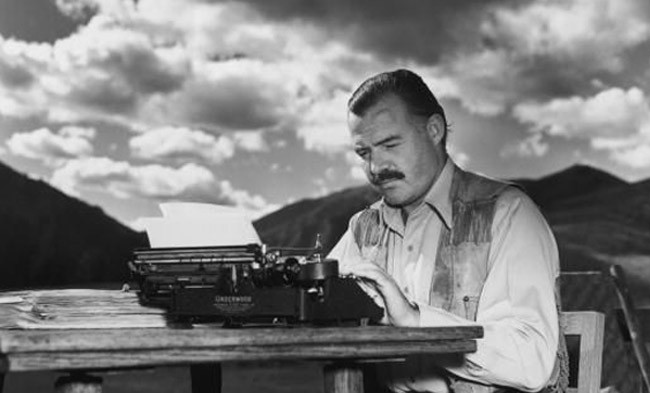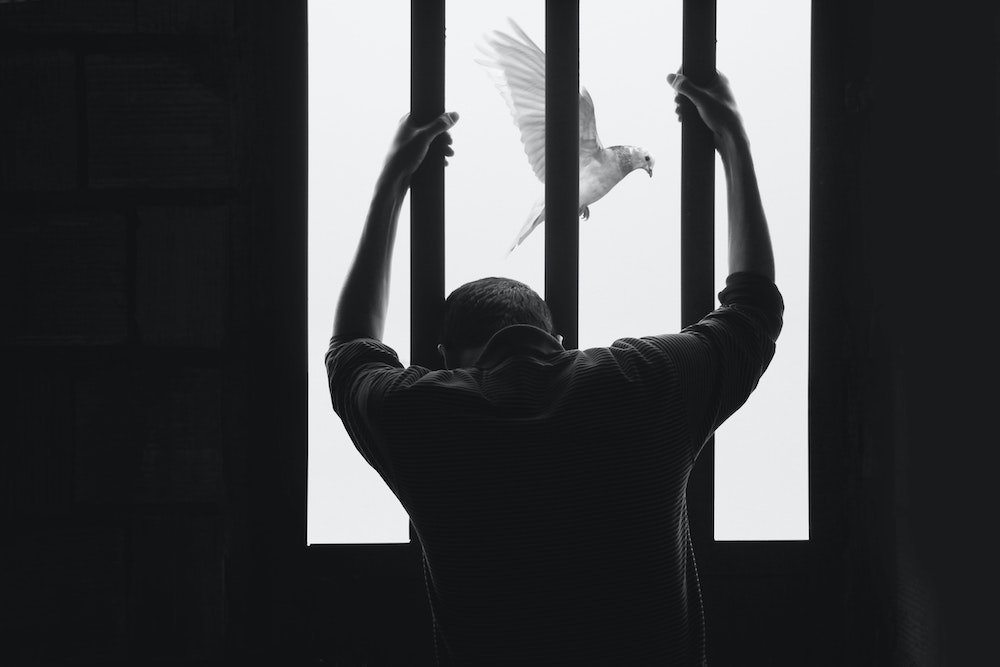Books & Culture
Why 2014 Was the Year of the Essay

“For more than twenty years now I have been making something of a specialty of writing about myself,” Megan Daum starts off the introduction to her essay collection, The Unspeakable. To anybody unfamiliar with her previous work, the ten essays that follow that cover everything from the death of her mother to how she doesn’t want to think about food show that, yes, she is indeed quite skilled at writing about herself. Although, Daum admits, “I still have mixed feelings about the genre.”
I don’t know about Daum, who is one of the best essayists around, but I know where I stand with essays that err towards the personal, because I read plenty of them, and in 2014 they helped me to try my best to block out the horrible things that felt like they were happening on almost daily basis. Reading fiction is one of my true loves, but essays help me to understand things about the world, the writer, and if they’re really great, myself.
There are always one or two collections that knock me out every year. I wouldn’t shut up about Michelle Orange’s This is Running for Your Life last year, and I’m still buying copies of John Jeremiah Sullivan’s Pulphead for friends nearly four years after its publication. But the last 365 days offered even more than the usual. From Daum’s collection to Leslie Jamison’s The Empathy Exams and Roxane Gay’s Bad Feminist hitting the bestseller list, and Charles D’Ambrosio showing why he’s one of our contemporary masters with Loitering, it was a banner year for essay collections. You had Daum and D’Ambrosio showing again why they’re two of the best, and Gay and Jamison penning collections that both had an impact that went well beyond the literary circles that have always had a deeper appreciation for essays. And then, to tie it all together perfectly, you have Gay reviewing Daum’s book in the “Best Books of 2014” issue of the New York Times Book Review, borrowing a lyric from Kendrick Lamar to sum up how we should consider the essay: “blood in the pen of the essayist,” Gay writes, “inking the personal to bring about an empathetic response.”
Although saying a lot of essayist fingers pulsed from banging away at their laptops might be a more realistic way of putting it, Gay’s right: it is all about how we, the readers, respond. Whether it be from bleeding pens or carpal tunnel in the wrists, a lot of writers gave us great essays, many of them not bound into book form, but all of them showing that the future is very bright for the form.
“Blogs are great but I didn’t know what form this “write one thing a week” exercise would take and, inasmuch as I imagined it at the outset, I saw it as a collection more than a blog,” Leah Reich says of her decision to host her weekly collection, “A Year of Wednesdays” on the platform Medium. In a year when most of the people I know spent the week discussing and thinking about the next episode of Serial, the thought of what Reich would offer up on the fourth day of the week was pinned in my mental calendar (this first series is set to end on the last Wednesday of 2014, December 31st). I wondered what she’d have to offer, the people or places she’d talk about, and knowing that the essays usually took around 3–4 minutes to read, I tried to set my Wednesday watch to sit with them when I had my afternoon coffee or tea. I connect with Reich’s essays; she elicits that response Gay wrote about, but unlike a book that I keep by my side, I had to wait for each new chapter. “A therapist last year told me ‘don’t forget to write because you love it’ and insisted I make sure to write one thing a week, just because,” she says of her decision to make her weekly essays public. Reich is writing for the sake of writing, and because she’s both talented and willing to give everything to the reader, people have responded. She doesn’t get paid to write the series, and whether or not she’s going to ever do anything with the essays, she hasn’t figured out (“I know I want to do something with them, but whether it’s create a collection of the whole thing or work with only a selection of the pieces I’m not sure yet”). And that’s one of the things that is largely evident and attractive about her work: you can tell she writes because she wants to, but also because she needs to. That, maybe more than anything, is what keeps readers coming back to her work.
Ashley Ford, a staff writer and BuzzFeed LGBT team member, also dedicated a day a week to publishing her “5 Things” pieces on Tumblr. Like Reich on Medium, when I discovered Ford’s posts, I was hooked. Ford’s very elegant confessionals, laid out as numbered lists, read as short essays that pull out your heart. Ford’s voice is strong and unwavering when making public the types of confessions and feelings that some of us wouldn’t even be able to discuss in private, yet her tone is always welcoming and inclusive, always hopeful and giving you the sense that things can get better. Most importantly, she’s a damn fine writer. All of those things had me hoping I’d click on her site to find a new entry to start off the week with.
My year of scheduled reads continued with Chelsea Hodson’s “Inventory” series, which was Hodson keeping a catalog of everything she owned, and writing prose related to each individual object. After 657 days, “Inventory” came to an end with Hodson reading all 40,071 words live during an event that was filmed and livestreamed, and took over seven hours to perform. The “Inventory” posts weren’t long, and as a reader, I spent more time thinking them over than I did reading them. But it was obvious looking at each of them that Hodson is a writer of tremendous talent, and she eventually harnessed it all together for the chapbook Pity The Animal. Combining the two things showed that not only is Hodson a great writer, but also a fearless creator.
Hodson, like Reich and Ford, all make up the next group of essayists whose work I’m standing by patiently to see collected and discussed. All three gave me something to look forward to during the weeks of 2014, but it’s the future that excites me now. Seeing what these, and a handful of other great writers, do to push the personal essay to new places is what gives me hope. These are the writers that will keep us connected to the human experience as we become totally wired: the ones who write about themselves because they need to as much as we do.









